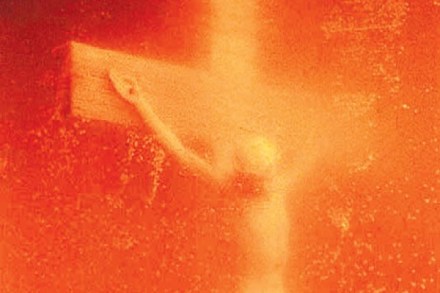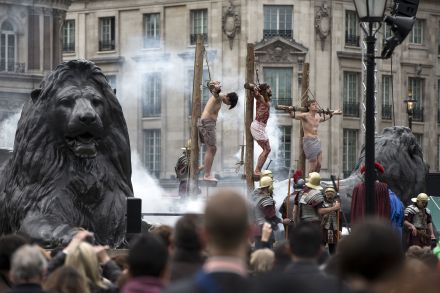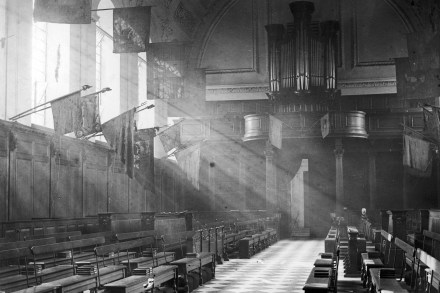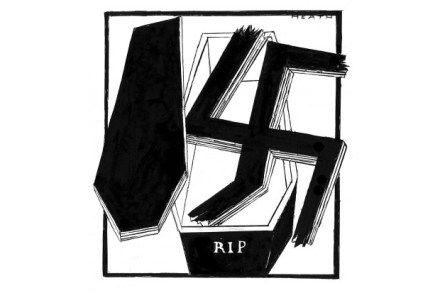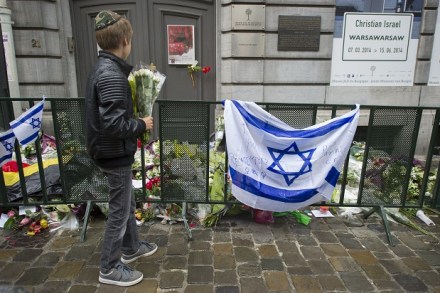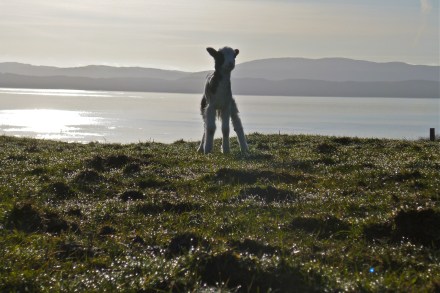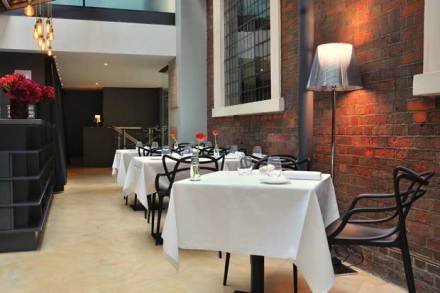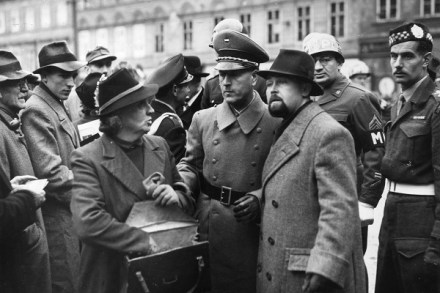The right to offend is nowhere near as important as the right to speak the truth
Last week I lost count of the number of times we’ve been told, pace the Charlie Hebdo murders, that we have no right not to be offended, that freedom of speech involves the possibility of criticism and ridicule of any religion; indeed, that it’s the flip side of religious liberty. Salman Rushdie, who has more right to make the point than most, said that ‘religion deserves our fearless disrespect’ and people like Suzanne Moore in the Guardian seemed to suggest that we have a positive duty to disrespect religion, though I am still waiting for that paper to reproduce some of Charlie Hebdo’s finest on the subject of the prophet of Islam as
